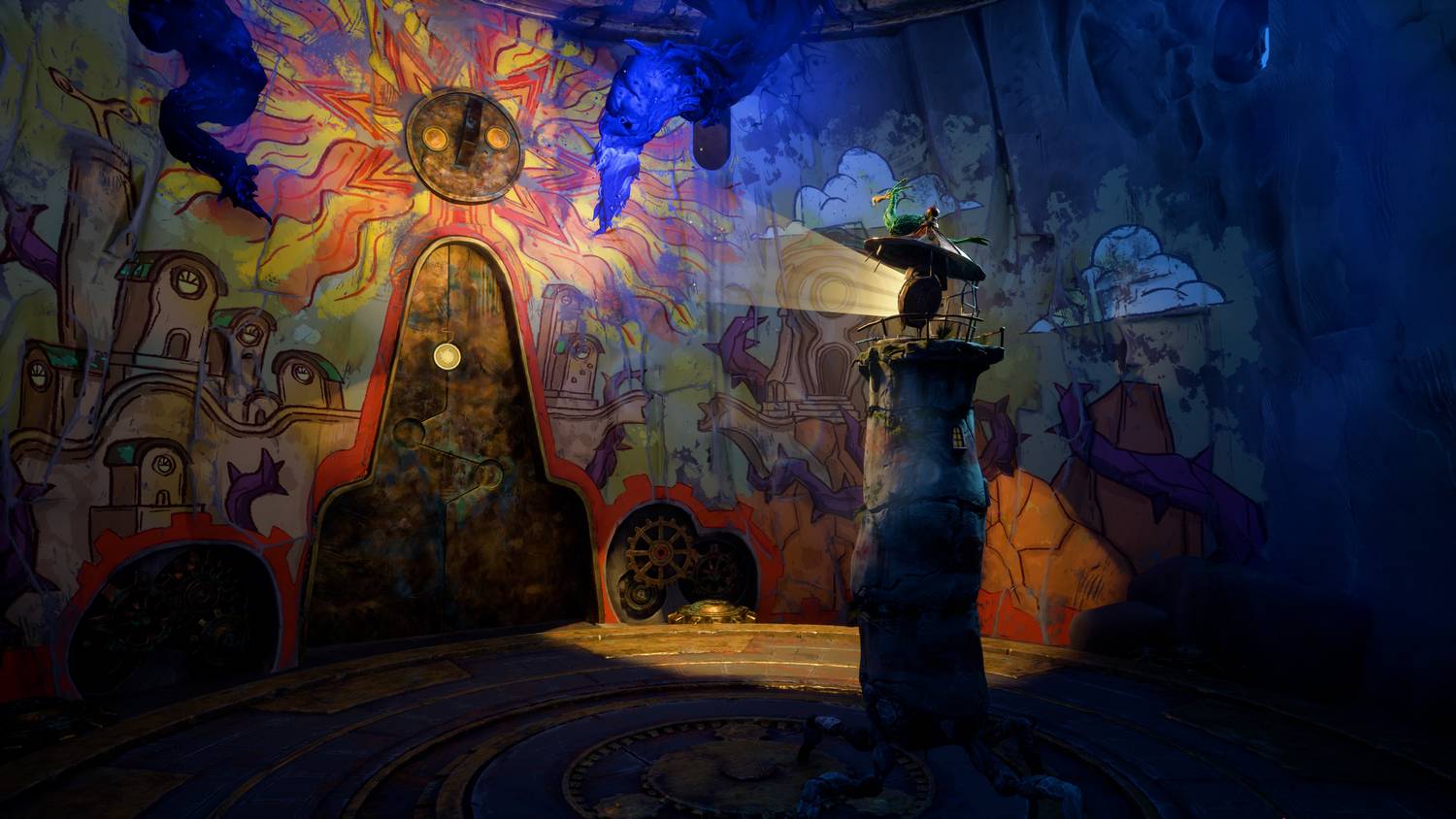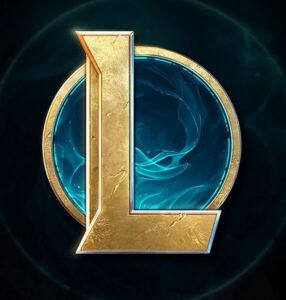Xbox’s Blank Check: Double Fine Embraces Its Weirdest Era Yet Under Microsoft’s Banner
Popular Now
 The Legend of Zelda
The Legend of Zelda
 CarX Street
CarX Street
 League of Legends
League of Legends
 Warframe
Warframe
 BeamNG.drive
BeamNG.drive
 Counter-Strike 2
Counter-Strike 2
 Garena Free Fire: Kalahari
Garena Free Fire: Kalahari
 Candy Crush Saga
Candy Crush Saga
 Poppy Playtime
Poppy Playtime
 Gacha Club
Gacha Club  For decades, Double Fine Productions has stood as a beacon of creative independence in the gaming industry, known for its quirky, heartfelt, and often commercially risky titles. Games like Psychonauts, Brütal Legend, and Stacking have cemented the studio’s reputation for prioritizing unique ideas over mainstream market trends. When the news broke in 2019 that Microsoft was acquiring the studio, a collective gasp was heard across the industry. Would the corporate giant stifle Double Fine’s distinct voice? Would the studio be relegated to making sequels and soulless live-service titles? A new report and a recent reveal of their latest project, Keeper, have answered those questions with a resounding “no.” In fact, under Microsoft’s banner, Double Fine is making its weirdest game yet, a signal that this is only the beginning of a new, bolder era for the studio.
For decades, Double Fine Productions has stood as a beacon of creative independence in the gaming industry, known for its quirky, heartfelt, and often commercially risky titles. Games like Psychonauts, Brütal Legend, and Stacking have cemented the studio’s reputation for prioritizing unique ideas over mainstream market trends. When the news broke in 2019 that Microsoft was acquiring the studio, a collective gasp was heard across the industry. Would the corporate giant stifle Double Fine’s distinct voice? Would the studio be relegated to making sequels and soulless live-service titles? A new report and a recent reveal of their latest project, Keeper, have answered those questions with a resounding “no.” In fact, under Microsoft’s banner, Double Fine is making its weirdest game yet, a signal that this is only the beginning of a new, bolder era for the studio.
 From Financial Peril to Creative Freedom
From Financial Peril to Creative Freedom
The story of Double Fine has always been one of artistic triumph and financial struggle. Their projects, while critically acclaimed, often failed to be commercial blockbusters, leading to a constant cycle of crowdfunding and searching for publishing deals. This pressure forced them to be cautious, even while making games that were far from conventional. The development of Psychonauts 2, for instance, was a testament to this, as they had to navigate multiple funding partners and even cut content due to budgetary concerns. Microsoft’s acquisition changed all of that. By bringing Double Fine into the Xbox Game Studios family, Microsoft provided something the studio had never truly had: creative and financial stability.
According to studio head Tim Schafer, the deal was not about making Double Fine more mainstream, but about giving them the freedom to get “even weirder.” The key to this newfound liberty is Xbox Game Pass. In a traditional retail model, a niche, experimental game has to compete for a player’s sixty dollars against a blockbuster with mass appeal. This forces studios to make safer bets. However, on a subscription service, the barrier to entry is eliminated. Players can simply download and try out a new, bizarre game with no financial risk. This allows Double Fine to “take more risks” and create games that might have been impossible to pitch to a traditional publisher.
 Introducing ‘Keeper’: A Glimpse into the Future
Introducing ‘Keeper’: A Glimpse into the Future
Double Fine’s first brand-new IP since the acquisition, Keeper, serves as a perfect example of this philosophy in action. It’s a game that could not have been created without the security of Microsoft’s backing. The game stars a living lighthouse that totters on tree-root legs through a post-apocalyptic, surreal world, accompanied by a mutant bird. As a player, you use the lighthouse’s light beam to solve puzzles and interact with the environment. There is no combat or player death, and the story is told entirely without dialogue, relying on environmental storytelling and a “dream logic” to guide the player. It’s a concept that is as whimsical as it is strange, a testament to the studio’s unbridled creativity.
The development of Keeper, led by veteran Lee Petty (known for his work on Headlander and Brütal Legend), has also freed up Tim Schafer to work on his own mysterious, new projects. Schafer has confirmed that the studio is working on “multiple new projects,” all of which are original IPs. This is a significant move, as it confirms that the studio is not being pressured into making a Psychonauts 3 or Brütal Legend 2 anytime soon, a testament to Microsoft’s hands-off approach.
The Broader Impact on the Gaming Industry
The partnership between Microsoft and Double Fine is a fascinating case study in the modern gaming landscape. In an era of rampant studio closures and corporate downsizing, it provides a glimmer of hope that a major publisher can value and protect creative vision. It shows that a subscription service model, when implemented thoughtfully, can be a breeding ground for artistic innovation rather than a race to the bottom for the most generic content. For independent studios struggling to find their footing, this new era of Double Fine serves as a powerful message: there is a place for weirdness and originality in the mainstream, and with the right support, creators can make their strangest, most ambitious ideas a reality.
Conclusion: The Future is Gloriously Weird
The acquisition of Double Fine by Microsoft was a pivotal moment for the studio and the industry as a whole. While some feared the loss of its unique identity, the truth has proven to be the opposite. With the safety net of Xbox Game Pass and the financial backing of a major corporation, the team is now free to pursue its most bizarre and creative impulses. Keeper is just the first taste of what’s to come, a whimsical and audacious statement that Double Fine’s future is not just secure but gloriously, unapologetically weird. As the studio works on multiple new projects, we can look forward to a new wave of innovative, genre-bending games that will continue to challenge our expectations and delight our senses. This is the beginning of a truly exciting chapter for one of gaming’s most beloved developers.











 From Financial Peril to Creative Freedom
From Financial Peril to Creative Freedom Introducing ‘Keeper’: A Glimpse into the Future
Introducing ‘Keeper’: A Glimpse into the Future